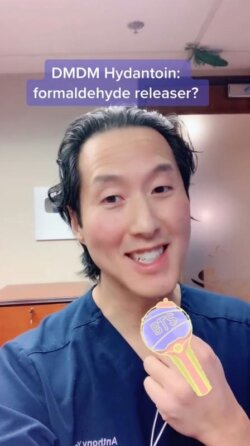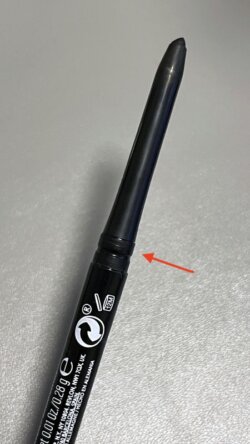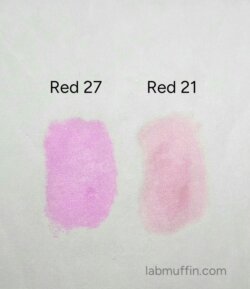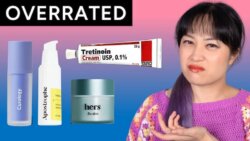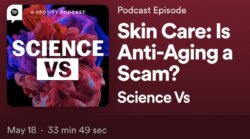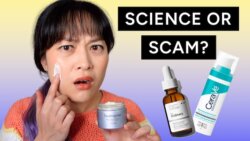DMDM hydantoin and formaldehyde in haircare
DMDM hydantoin is a preservative commonly found in shampoos. It started getting a lot of attention in 2021, thanks to a number of lawsuits surrounding hair loss – so let’s talk about the science behind it and whether it’s safe. (This post is partly based off a longer video about haircare misinformation on TikTok, which also covers sulfates, silicones, testing …
